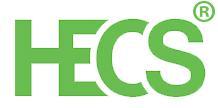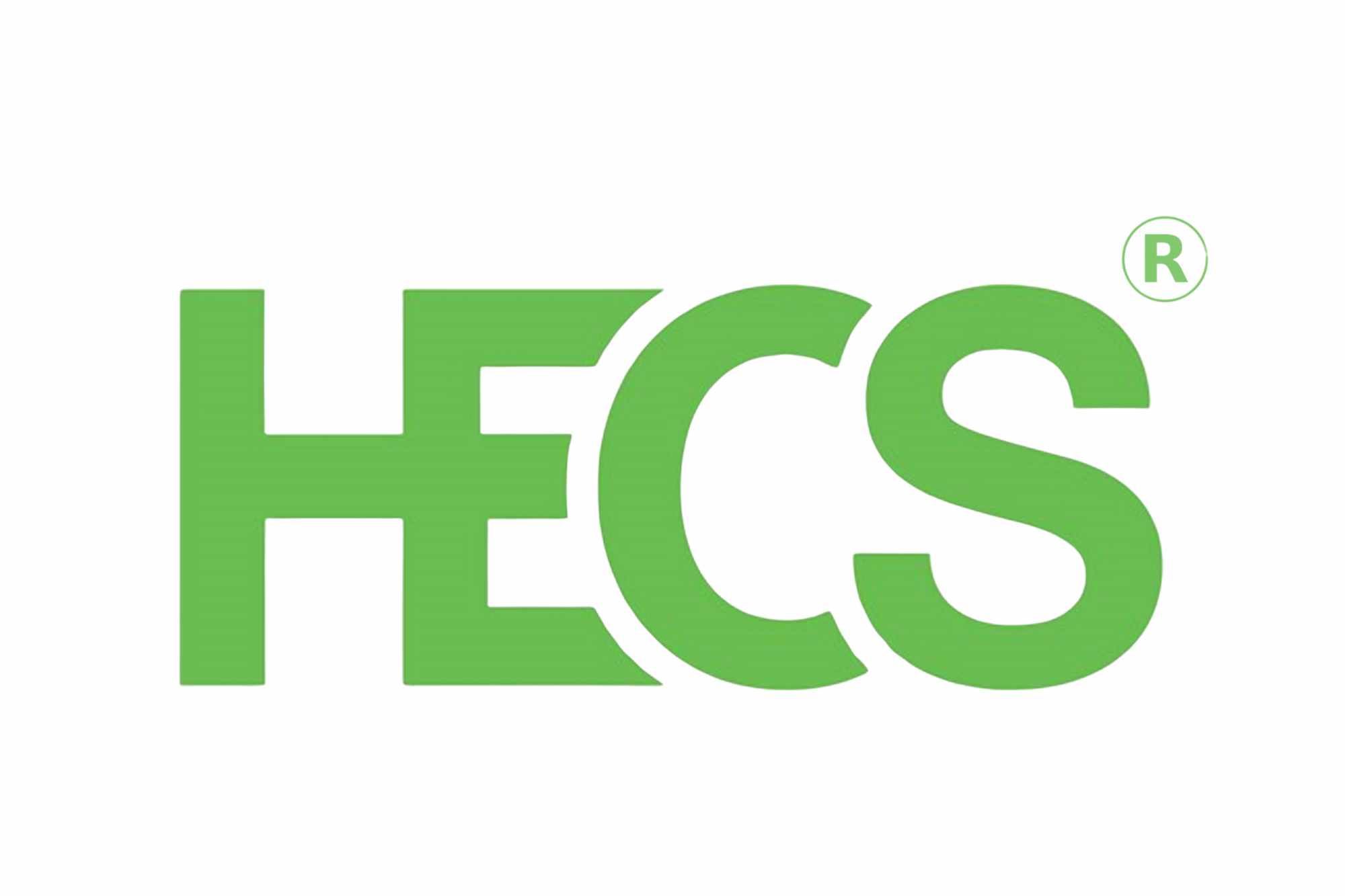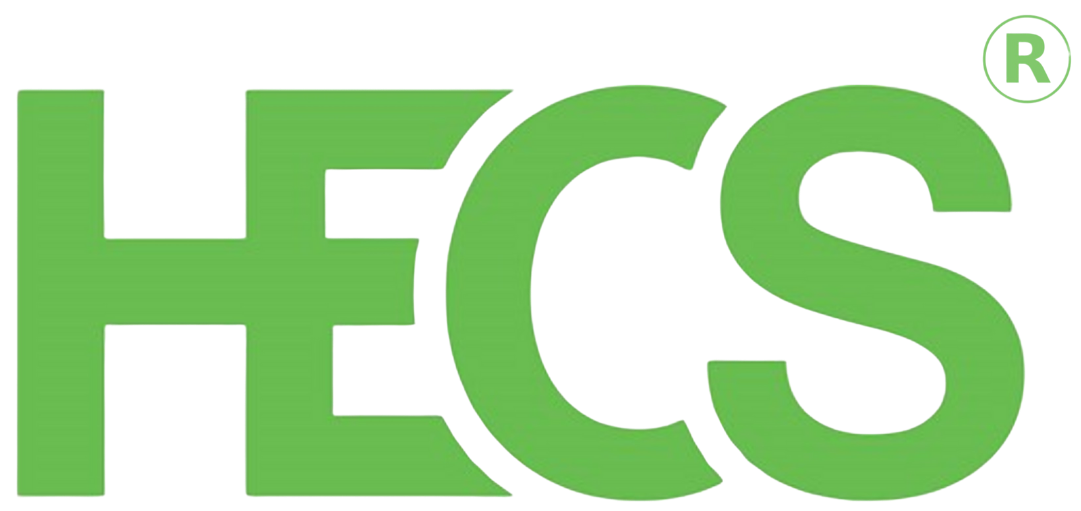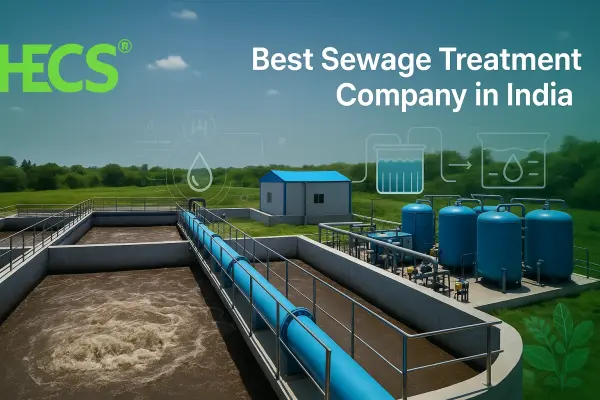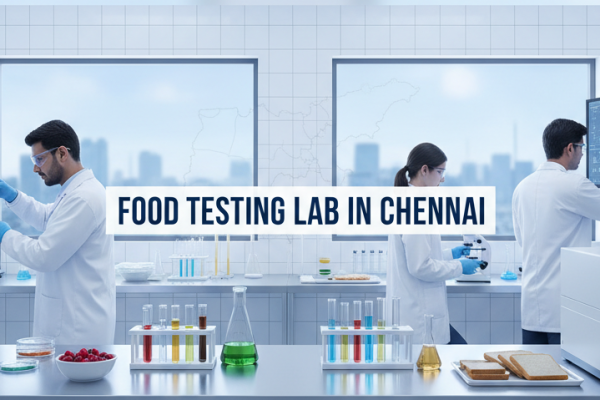
Why FSSAI Has Banned ‘100%’ Claims on Food Labels and Promotions?
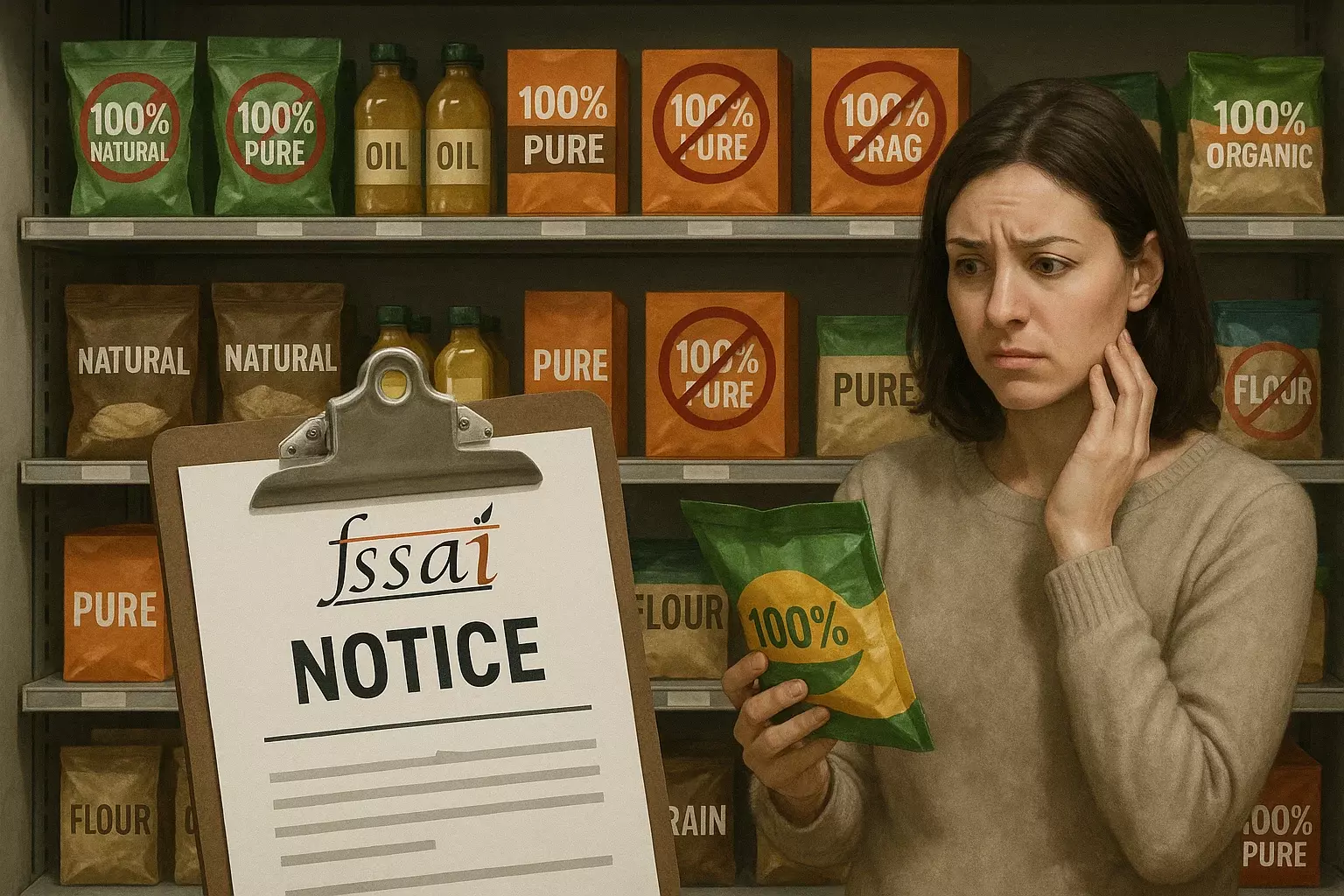
Why FSSAI Has Banned ‘100%’ Claims on Food Labels and Promotions?
New Delhi, 30th May 2025 – The Food Safety and Standards Authority of India (FSSAI), India’s apex food regulator, has recently issued a critical advisory warning all Food Business Operators (FBOs) against the use of the term “100%” in food labels and promotional materials. The decision stems from growing concerns over the term’s potential to mislead consumers in the absence of a clear regulatory definition.
Why Is the Term “100%” Being Scrutinised?
The term “100%” has become increasingly popular among food brands trying to highlight product quality. From claims like “100% natural,” “100% pure,” to “100% safe,” the label gives the impression of absolute assurance. However, FSSAI has noted that such language is ambiguous, undefined under current food safety laws, and can easily mislead consumers.
There is no official standard or definition of “100%” under the Food Safety and Standards Act (FSS Act), 2006 or the Advertising and Claims Regulations of 2018. This opens the door for vague, exaggerated, and potentially false marketing tactics.
FSSAI’s Official Statement
In its press release dated 30th May 2025, FSSAI stated
“Such terminology is not only undefined under current regulations but also misleading and likely to create a false impression among consumers.”
FSSAI has observed a noticeable spike in food brands using “100%” as a marketing hook, which may lead consumers to believe that the product is flawless or superior to others in the market. This can be deceptive, especially when no scientific or regulatory backing exists for such claims.
What Do the FSSAI Regulations Say?
Under the Food Safety and Standards (Advertising and Claims) Regulations, 2018, specific rules govern what food businesses can and cannot claim:
Sub-regulation 4(1): Claims must be truthful, unambiguous, meaningful, and not misleading. They must help consumers comprehend the actual nature of the product.
Sub-regulation 10(7): No advertisement or claim should undermine competitors or misleadingly influence consumer perception.
The term “100%” fails to comply with both of these regulations. When food labels use phrases like “100% chemical-free” or “100% natural,” it suggests complete purity, which is often not scientifically verifiable or relevant to actual product formulation.
How Does This Affect Food Brands?
All Food Business Operators (FBOs) are now advised to immediately stop using “100%” claims across packaging, labels, websites, digital ads, and print promotions.
Brands must revise their:
Product packaging
Promotional campaigns
E-commerce descriptions
Advertising materials
Failing to comply with this directive could lead to regulatory action, penalties, or product recalls, depending on the severity of the violation.
Why This Move Matters
This move by FSSAI emphasises the growing demand for transparent, consumer-friendly food labelling in India. In recent years, consumers have become more health-conscious, but also more vulnerable to marketing jargon. Misleading claims like “100% pure” or “100% safe” exploit that trust and blur the line between fact and fiction.
By banning such undefined superlatives, FSSAI aims to foster honesty in food labelling, encourage fair competition among manufacturers, and most importantly, protect consumer rights.
What Should Consumers Look For?
Consumers are encouraged to look for:
FSSAI licenses or certifications on products
Detailed ingredient lists and nutritional facts
Verified health or organic certifications
Transparent, specific claims backed by testing or regulation
Don’t fall for broad terms like “100%” unless there's verifiable proof.
Conclusion: Transparency Over Hype – A New Era in Food Labelling
The FSSAI’s advisory against “100%” claims is a necessary step to bring clarity and accountability in food labelling. As food brands strive to stand out in a competitive market, transparency and consumer safety must come first. Businesses must adapt to this change swiftly, and consumers should stay informed, ask questions, and choose brands that communicate with honesty, not hype.
At HECS, we support FBOs with regulatory compliance, accurate food testing, and FSSAI-aligned consultancy services. Partner with us to build trust, stay compliant, and protect your brand integrity.
Share this post:
